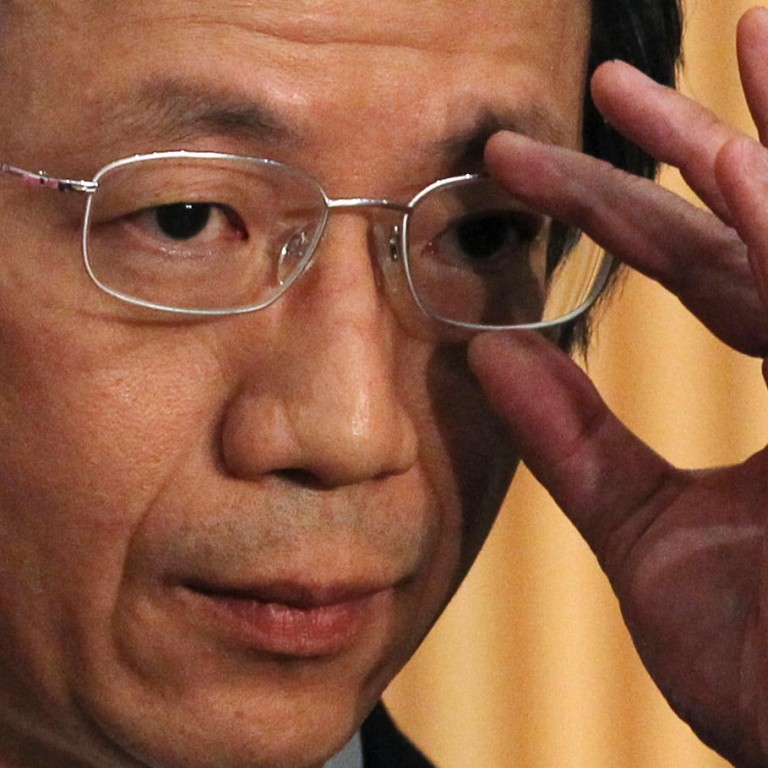
Do Hong Kong companies really need to be registered offshore?
We see that Hong Kong will be hosting several prime ministers from the Caribbean over the next few months. They include Dr Orlando Smith, premier of the British Virgin Islands, who will be addressing the British Chamber of Commerce in September, and Dr Denzil Douglas, the prime minister of Saint Kitts and Nevis who is to speak at a conference entitled Investment Immigration Summit in November. They will of course be marketing the appeal of their respective territories as offshore domains for registering companies.
The practice of registering companies offshore took off in Hong Kong following the decision by Jardine Matheson to register in Bermuda in 1984. The killings in Tiananmen Square in 1989 provided a further catalyst. But we would suggest that the rationale for registering in the world's various offshore jurisdictions has long outlived its usefulness for Hong Kong companies.
In the run-up to 1997 people were concerned about sovereign risk and that after the handover the mainland would have a free hand to nationalise companies registered in Hong Kong. That fear clearly has proved groundless. With people emigrating ahead of the handover there was a similar concern over the safety of assets. There is now net immigration, so there is no real need for an offshore company. When Hong Kong had estate duty there was a material benefit to be had from putting certain properties into an offshore company. This duty has now been abolished. So there is now no need for Hong Kong companies to do this, but people appear to do it as a matter of course, regardless of the additional costs involved. Litigation, should something go wrong, becomes twice as expensive.
We suppose mainland companies remain interested in offshore companies since it facilitates round-tripping whereby funds can return to China classified as "foreign" investment and thereby gain preferential tax treatment. But you get the feeling that for Hong Kong people it's a habit rather than a necessity.
As has long been foretold here, Keith Yeung Kar-hung SC has been appointed director of public prosecutions, replacing Kevin Zervos who has resigned from the position. We anticipate that Zervos will take up an appointment as a High Court Judge. However, since it can create a bad impression to be director of public prosecutions one day, and a judge the next, we don't expect that to be announced until shortly after he leaves on September 9. We need to preserve a semblance of judicial independence.
American Express has sent out an intriguing e-mail urging cardholders to persuade others to apply for the American Express Cathay Pacific card. The more people you get to sign up, the more bonus air miles you get as a reward. However, the offer is strangely worded. "Simply get your closed ones to apply," it urges. And again, "Share the incomparable privileges with your closed ones." So who are these mysterious "closed ones" which Amex is looking for? Presumable not those with closed wallets.
The social networking site LinkedIn has come up with a new wheeze to attract attention. It has "unveiled" what it calls "Hong Kong's Power Profiles" list of 41 top-viewed LinkedIn profiles.
In a statement it is at pains to note that these "power profiles" include "C-suite professionals, senior executives and entrepreneurs" spanning a number of industries. The stated aim of this initiative is to enable professionals to "manage their online identities, connect with trusted contacts, gain insights and inspiration, and find new career or business opportunities". We are further told that having a LinkedIn profile enables professionals "to manage their personal brand based on their expertise, passions and insights".
It has to be said that the top 41 "most-viewed" profiles didn't seem to include many captains of Hong Kong industry. We see that the finance sector included Jeffrey Yap, MD of Mizuho Securities Asia, and Ashok Kalyanswamy, MD of Nomura Securities. Thankfully does not feature in these "power" profiles.

